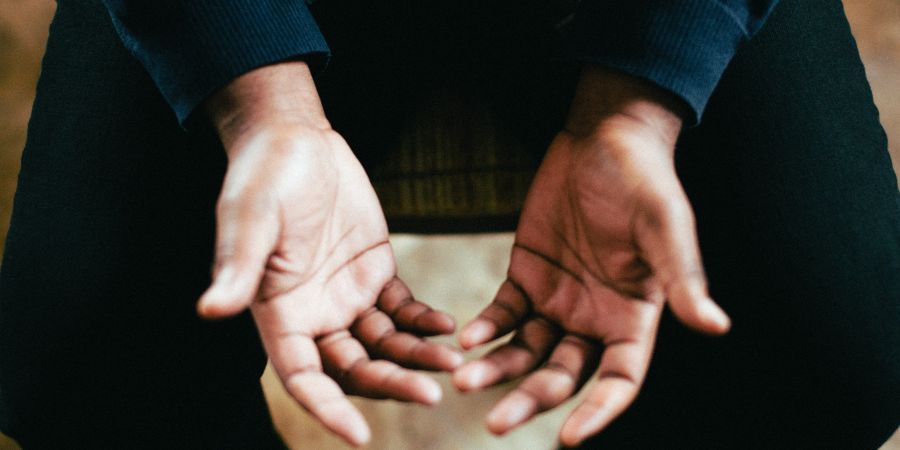


From the Hadith, we understand that duas are accepted in one of the following three ways
1. The wants of the person making the dua are fulfilled in this world.
2. The dua is stored as a treasure for the benefit of the person making the dua for the heraafter.
3. Difficulty in proportion to the request made in the dua is warded off.
Those persons whose Duas more readily accepted
From the Hadith we learn that the duas of the following persons are more readily accepted.
1. A person who has fasted and makes his dua at the time of opening roza.
2. A just ruler.
3. And oppressed person's dua as long as he does not take revenge.
4. A father's dua for his child.
5. Travellers dua.
6. A hajis dua until he returns home.
7. A mujahids dua until he returns to his home.
8. A sick person's dua.
9. A Muslim's dua for his fellow Muslim.
10. That persons dua who is extremely distressed and desperate.
Those persons whose duas are not accepted
1. Those who eat haram food - By haram is meant not only pork and alcohol but also those halal things which have been obtained in an unlawful manner whether by theft, fraud, deceit goods purchased with haram income, example gambling interest etc.
2. Those who wear haram apparel- the wearing of haram clothes includes such clothing purchased with haram when and such items of clothing and apparel which are not permitted example.
A. Gold, silver, red and yellow clothing for men.
B. Women who dress like men and vice versa.
3. Those who stop enjoining good and forbidding evil.
Special Occasions and Times when Duas are Accepted

1. Duas made during the latter part of the night.
2. Duas made after Fard Salah.
3. Duas made on Friday during the following times
A. Between Asr and Maghrib Salah.
B. Just before Maghrib Salah.
C. When the imam sits between the two Khutbas until Salam.
4. Dua made at the time of Adhan , at the beginning during and at the conclusion of Adhan.
5. Duas made between Azan and Iqamat.
6. Duas made at the time of jihad.
7. Duas made when it is raining.
8. Duas made in the month of Ramadan.
9. Duas made when a rooster crows.
10. Duas made at the time of Hajj whilst on the plains of Arafat.
11. Duas made at the following places in Mecca Mukarramah.
a. While making Tawaf.
b. While clinging to the Multazam.
c. Under the Meezabe Rahamat.
d. Inside the Kaaba Sharif. It should be remembered that the Hatim is considered as the interior of the Kaaba.
d. Near the well of Zamzam.
e. On Mount Safa and Marwa.
f. Between the Mount safa and Marwa while making Sa-i.
g. Between Makam e Ibrahim.
h. In Muzdalifah.
g. In Meena.
h. Near each of the three Jamarats.
g. at Rukne Yamani.
h. Between Rukne Yamini and Hajre Aswad.
g. At Dare Arqam.
h. At the caves of Thowr and Hira.
Duas are also accepted at the blessed grave of our Nabi Sallallahu Alaihi Wasallam. After reciting Salato Salam one should face the Qibla, raise his hands and make dua begging Allah for both the needs of this world and the hereafter for oneself and for the entire Ummah of our beloved Nabi Muhammad Sallallahu Alayhi wa Sallam.
